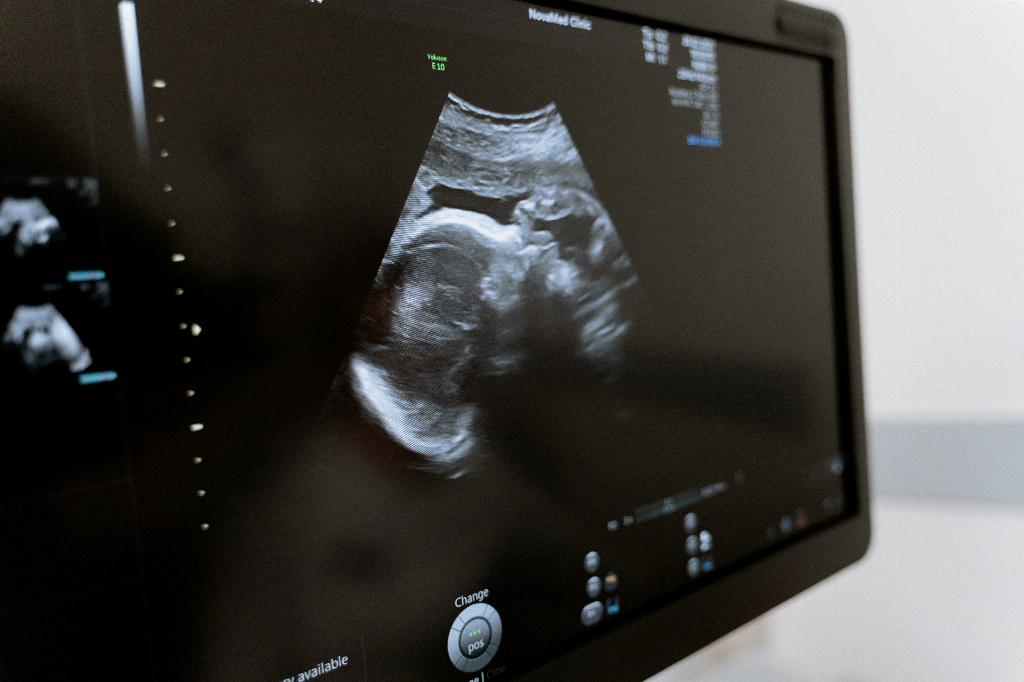When a pregnant woman contracts Fifth Disease, caused by Parvovirus B19, the outcomes can vary significantly. Most cases of Parvovirus B19 infection during pregnancy are asymptomatic, meaning the pregnant woman may not even be aware that she has been infected.
However, approximately 3% of pregnant women who contract Fifth Disease may experience complications that can have serious consequences for both the mother and the fetus. These complications include a range of adverse outcomes such as abortion, severe fetal anemia, nonimmune hydrops fetalis, and in the worst cases, fetal demise.
If a pregnant woman becomes infected with Parvovirus B19, the virus has the potential to cross the placenta and infect the fetus. This can lead to severe complications such as fetal anemia, a condition where the baby’s red blood cell count is dangerously low, which can affect the baby’s growth and development.
In some cases, Fifth Disease in pregnancy can result in nonimmune hydrops fetalis, a condition characterized by an abnormal buildup of fluid in the fetus’s body cavities. This can put immense pressure on the baby’s organs and lead to serious complications that may require medical intervention.
One of the most concerning outcomes of Parvovirus B19 infection in pregnancy is the risk of fetal demise, where the baby dies in utero. This devastating outcome can occur if the virus causes severe complications that compromise the baby’s health and wellbeing.
It is crucial for pregnant women to be vigilant about potential exposures to Fifth Disease and take precautions to reduce the risk of infection. This includes avoiding contact with individuals who have symptoms of Fifth Disease, such as a characteristic “slapped cheek” rash, and practicing good hygiene to prevent the spread of the virus.
If a pregnant woman suspects she may have been exposed to Parvovirus B19 or is experiencing symptoms of Fifth Disease, it is essential for her to seek medical advice promptly. Healthcare providers can perform tests to confirm the diagnosis and monitor the mother and baby closely for any signs of complications.
Early detection and management of Fifth Disease in pregnancy are critical in minimizing the risk of adverse outcomes. Healthcare professionals can provide guidance on appropriate treatment options and interventions to safeguard the health of both the mother and the developing fetus.
While the majority of pregnant women who contract Parvovirus B19 may not experience any significant effects, it is important to be aware of the potential risks associated with Fifth Disease in pregnancy. By staying informed and proactive in seeking medical care, pregnant women can take steps to protect themselves and their babies from the potential complications of Parvovirus B19 infection.
In conclusion, the impact of Fifth Disease on a pregnant woman can vary from asymptomatic infection to severe complications that pose risks to both maternal and fetal health. Understanding the potential consequences of Parvovirus B19 infection during pregnancy is essential in ensuring timely detection, management, and intervention to mitigate the risks and safeguard the wellbeing of both mother and baby.
Overall, maintaining open communication with healthcare providers, staying informed about Fifth Disease, and following recommended preventive measures can help pregnant women navigate the risks associated with Parvovirus B19 and make informed decisions to protect the health and safety of themselves and their unborn child.

